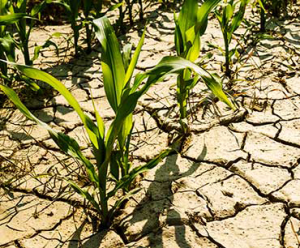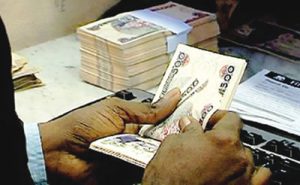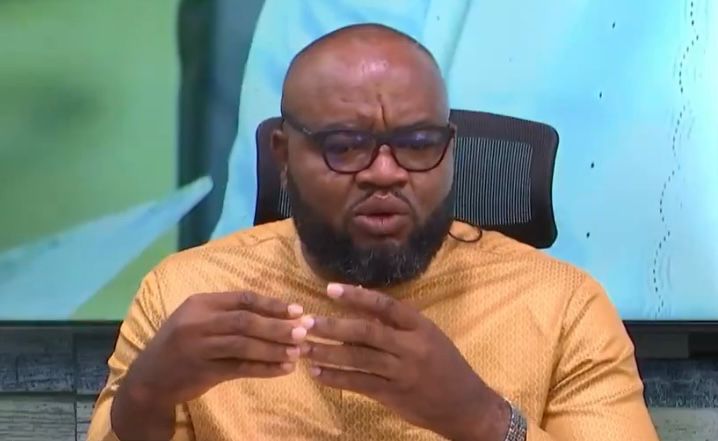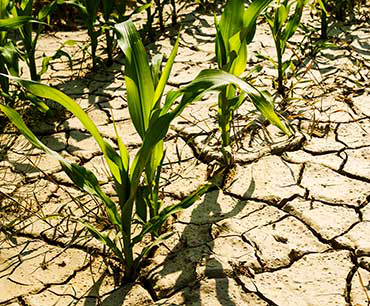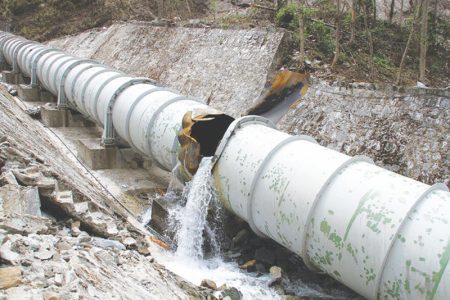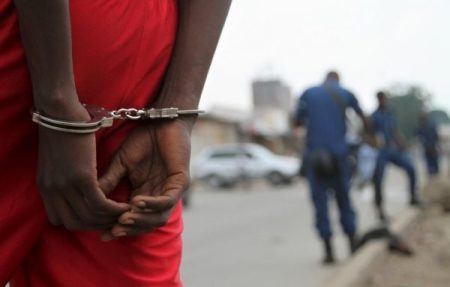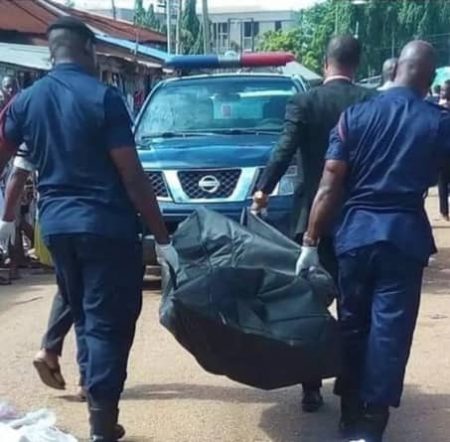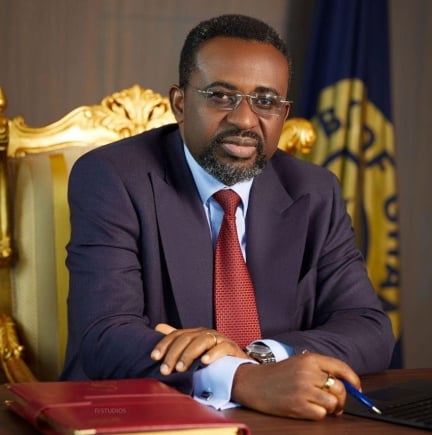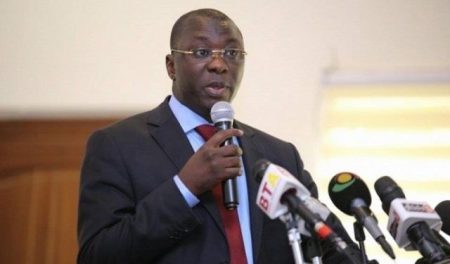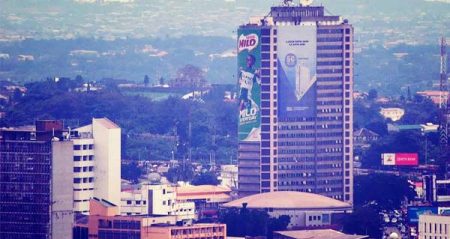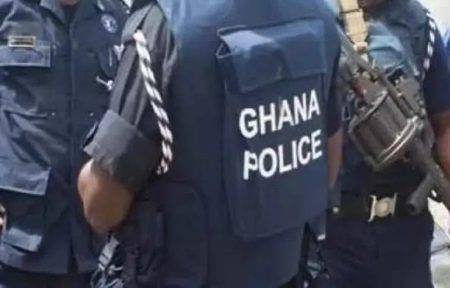The ongoing investigation into alleged corruption-related offences against former Finance Minister Ken Ofori-Atta has ignited a heated debate in Ghana, with Member of Parliament for Sissala West, Mohammed Adams Sukparu, placing the blame squarely on former President Nana Addo Dankwa Akufo-Addo. Sukparu accuses Akufo-Addo of fostering a culture of impunity that allowed Ofori-Atta to operate without proper accountability, ultimately leading to the current situation. The investigation, spearheaded by the Office of the Special Prosecutor (OSP), centers around Ofori-Atta’s involvement in several controversial projects, including the National Cathedral, the SML revenue assurance deal, and the procurement of ambulance spare parts. Ofori-Atta’s perceived disregard for the OSP’s summons, opting for a virtual hearing instead of appearing in person, has further fueled the controversy and strengthened Sukparu’s accusations of preferential treatment.
Sukparu vehemently criticized suggestions that Ofori-Atta be allowed to participate in the investigation virtually, arguing that such an arrangement would undermine the rule of law and create a dangerous precedent. He emphasized the importance of holding everyone accountable, regardless of their position or connections, particularly when significant financial losses to the state are involved. To underscore his point, Sukparu drew a parallel with former President John Dramani Mahama, who readily presented himself for questioning by investigators. He questioned why Ofori-Atta, a former minister, should be afforded special treatment compared to a former head of state. This comparison highlights the perceived double standard and feeds into the narrative of unchecked power that Sukparu attributes to the former Akufo-Addo administration.
The Sissala West MP attributes Ofori-Atta’s perceived sense of entitlement and disregard for due process to the alleged pampering he received under Akufo-Addo’s presidency. This, according to Sukparu, created an environment where Ofori-Atta felt he was above the law, emboldening him to act with impunity. This accusation points to a broader concern about potential favoritism and the weakening of institutions under the previous administration. The OSP’s insistence on Ofori-Atta’s physical presence during the investigation suggests a determination to uphold the principles of fairness and accountability, regardless of the individual’s status.
The controversy surrounding Ofori-Atta’s investigation transcends the specifics of the alleged offences, touching upon deeper issues of governance, accountability, and the fight against corruption in Ghana. Sukparu’s strong condemnation of Ofori-Atta’s actions and his criticism of the former president underscore the growing demand for transparency and equal application of the law. The situation has become a focal point for discussions about the need to strengthen institutions and ensure that those entrusted with public resources are held responsible for their actions.
The current impasse between the OSP and Ofori-Atta highlights the challenges involved in investigating high-profile individuals, particularly when they are perceived to have powerful connections. Ofori-Atta’s request for a virtual hearing and the OSP’s subsequent refusal demonstrate the complexities of balancing the rights of individuals under investigation with the need to conduct a thorough and impartial inquiry. The outcome of this standoff will likely have significant implications for the future of anti-corruption efforts in Ghana, setting a precedent for how similar cases are handled moving forward.
Beyond the immediate legal proceedings, the Ofori-Atta case serves as a critical test for Ghana’s commitment to tackling corruption and ensuring accountability. The public’s response to this situation, along with the actions of the OSP and the government, will play a crucial role in shaping perceptions about the rule of law and the effectiveness of anti-corruption mechanisms. The ongoing debate reflects a broader societal reckoning with issues of transparency, accountability, and the need for stronger institutions to prevent and address corruption at all levels.


